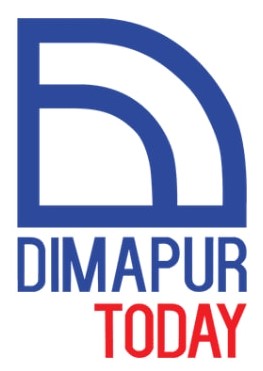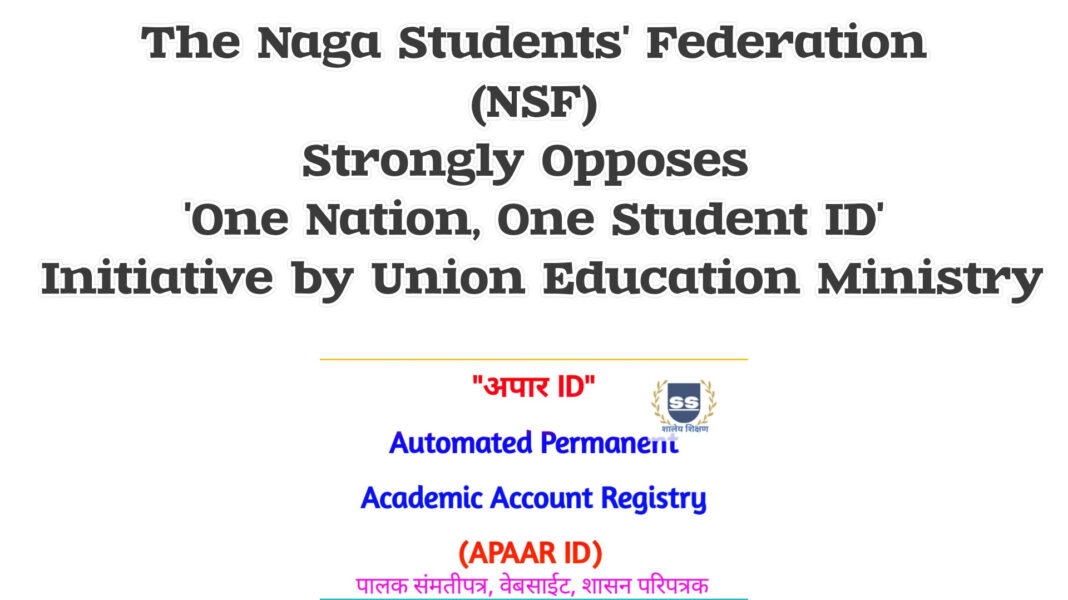The Naga Students’ Federation (NSF) has vehemently objected to the recent announcement by the Union Education Ministry regarding the introduction of the Automated Permanent Academic Account Registry (APAAR), popularly known as ‘One Nation, One Student ID.’
Describing the initiative as controversial, the NSF believes that the APAAR, designed to create an Education Ecosystem Registry (‘EduLocker’), poses significant challenges and concerns. The Federation argues that it could undermine students’ rights and privacy while imposing unnecessary burdens on educational institutions.
Proposed by the National Educational Technology Forum (NETF), the APAAR aims to provide a unique identification number to every student, in addition to their existing Aadhaar ID, from pre-primary to higher education. While the government highlights this initiative as a way to seamlessly track academic progress, the NSF raises various concerns, including data security and administrative burden.
According to the NSF, existing worries about data security and privacy breaches related to Aadhaar have not been sufficiently addressed. Introducing another layer of data collection and storage without robust security measures is troubling, the Federation contends.
Additionally, educational institutions are already struggling with administrative challenges, such as optional Aadhaar verification of students. The introduction of the APAAR registry may further strain teaching faculty and staff, potentially affecting the quality of education.
Moreover, the NSF argues that parental consent for APAAR enrollment is inadequate to protect students’ rights and privacy. Despite the government’s assurance that data will only be shared with relevant government agencies, it remains vague and does not rule out the possibility of misuse or data breaches.
Furthermore, the centrally functioning District Information for Education portal, as proposed, may become a target for cyberattacks, jeopardizing students’ personal information. Consequently, the NSF calls for a reconsideration of the APAAR initiative, considering these critical concerns.
The NSF urges the Union Education Ministry to prioritize data security, address administrative challenges, and engage in comprehensive dialogue with all stakeholders, including students and educational institutions. Their goal is to develop a more robust and privacy-conscious solution for tracking students’ academic progress.

